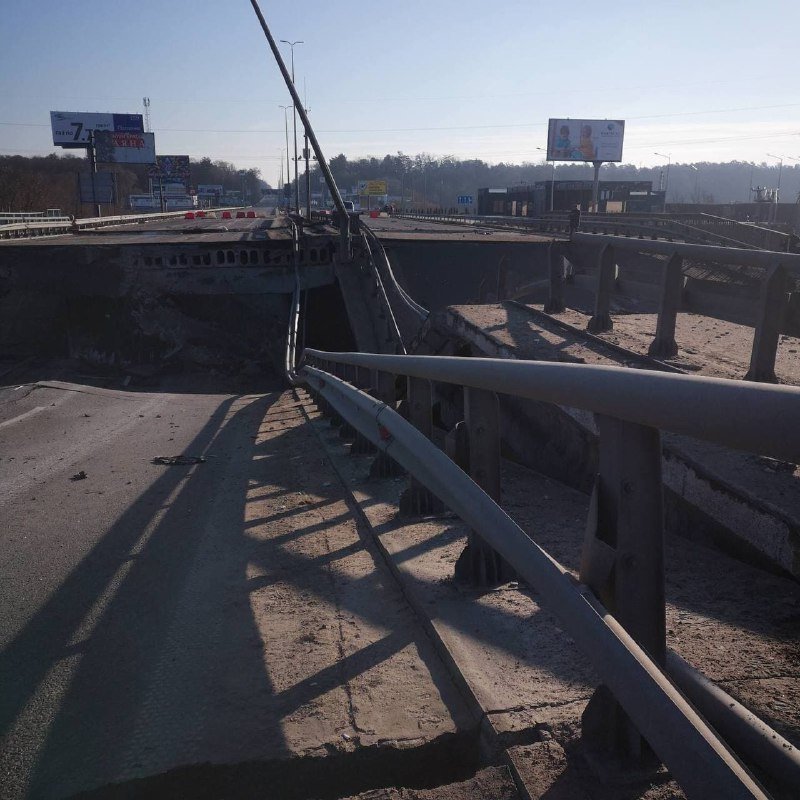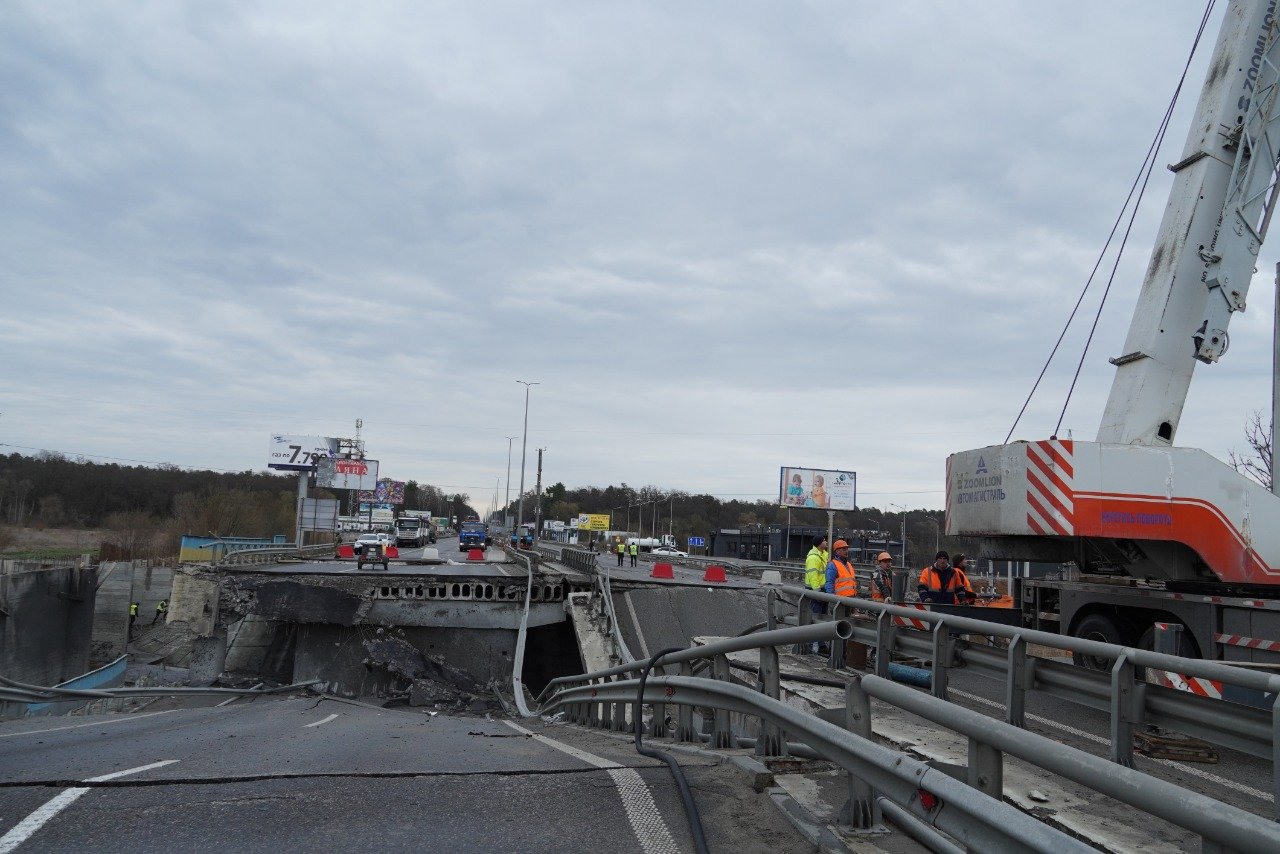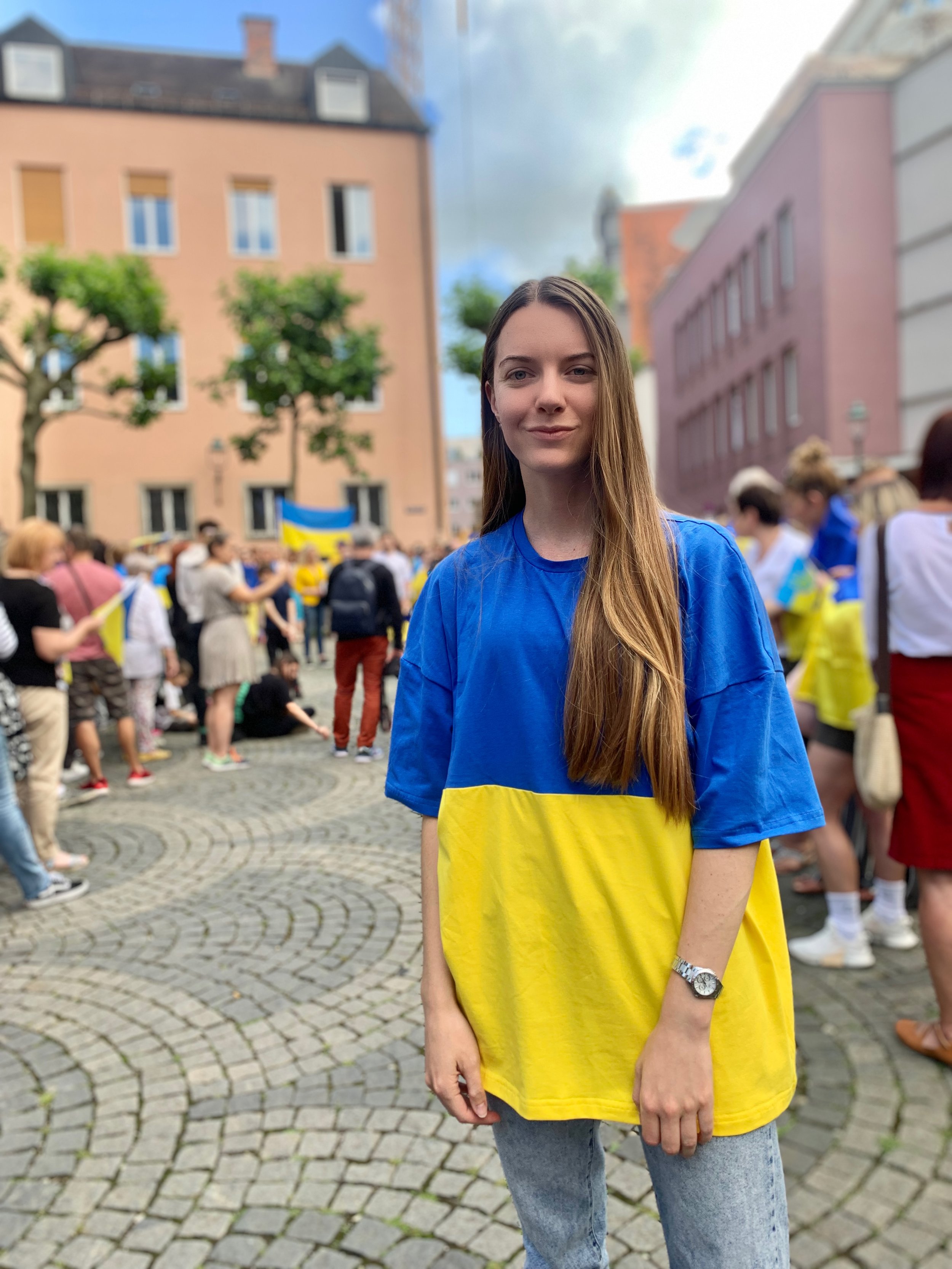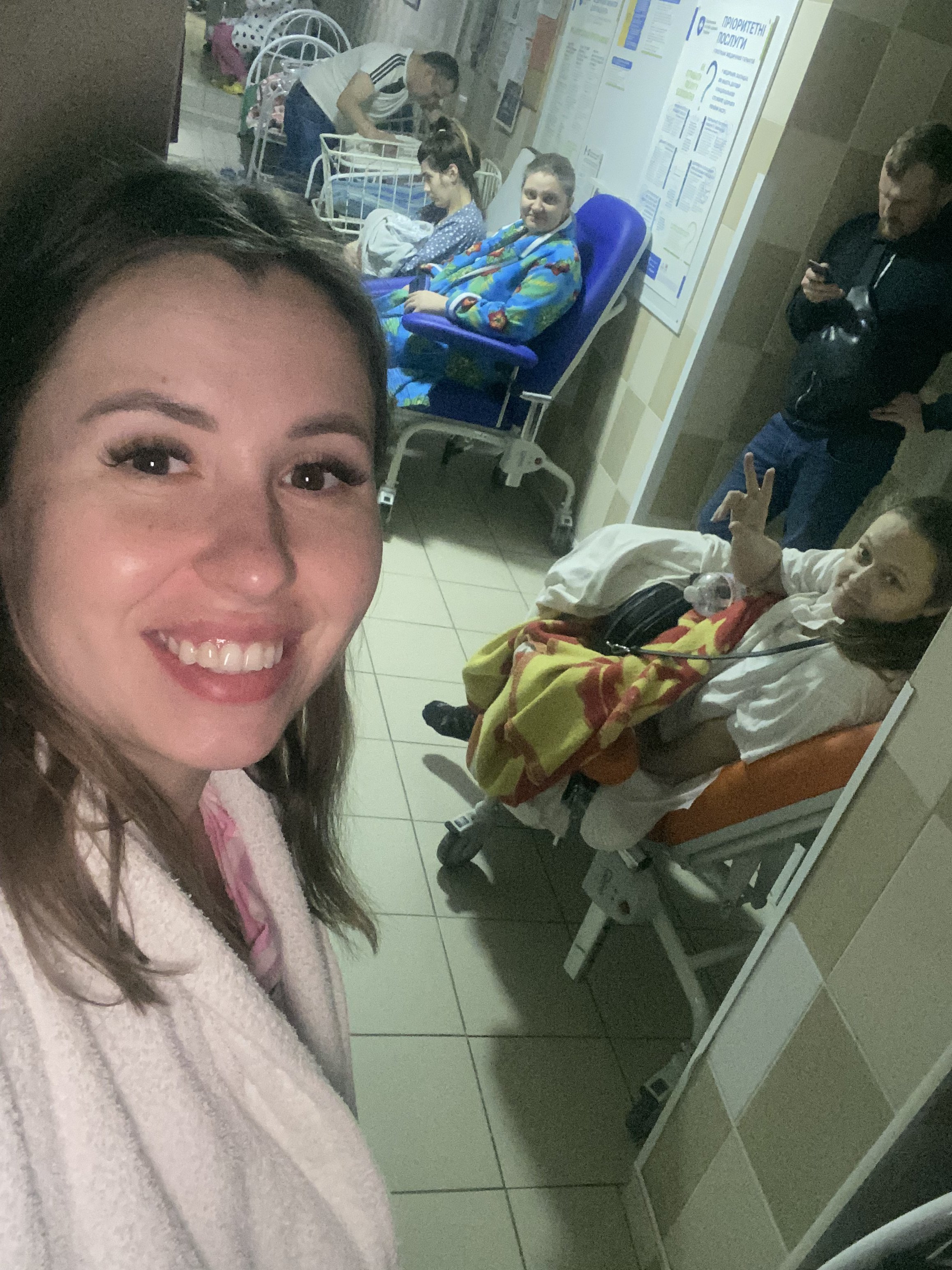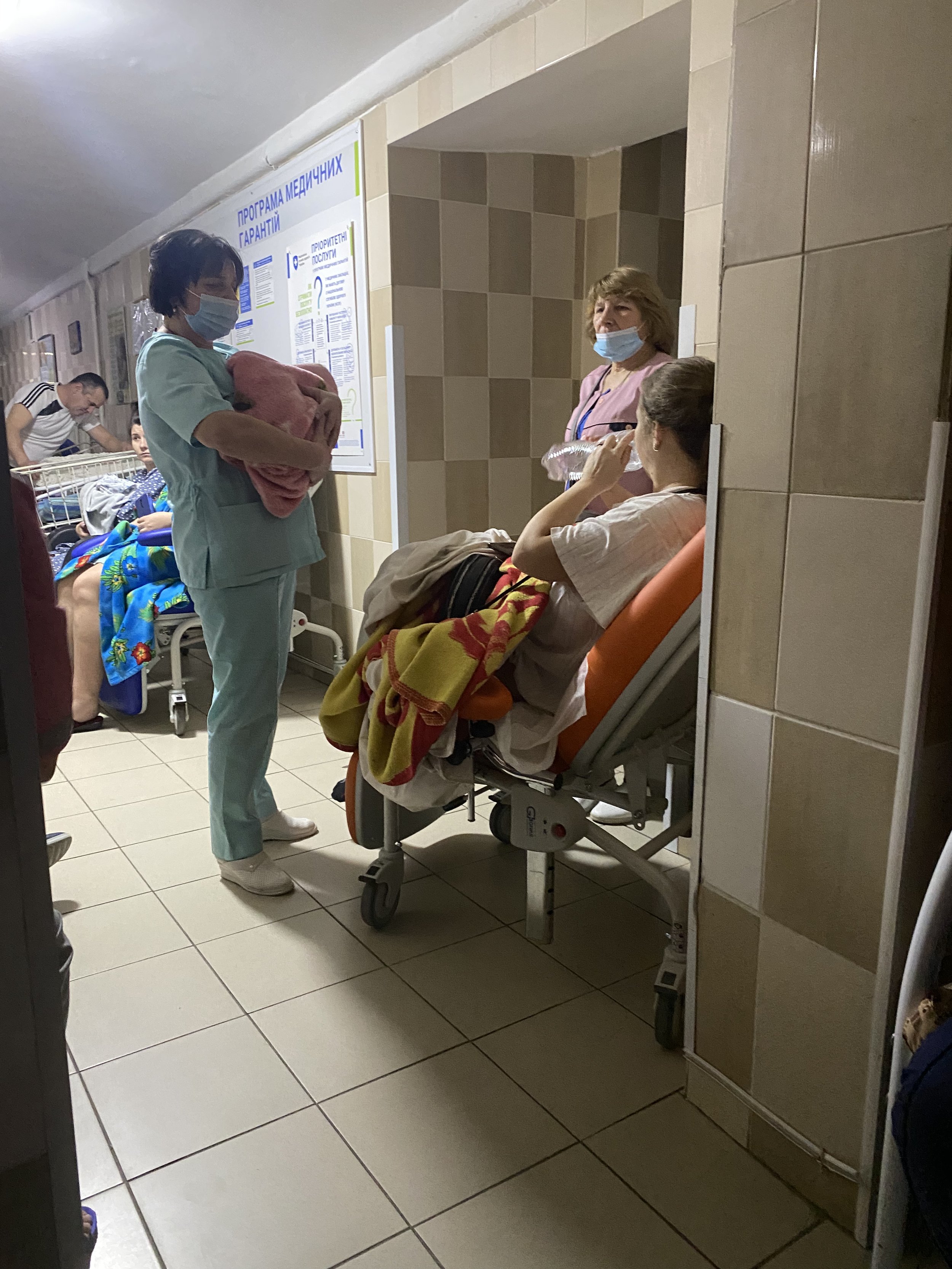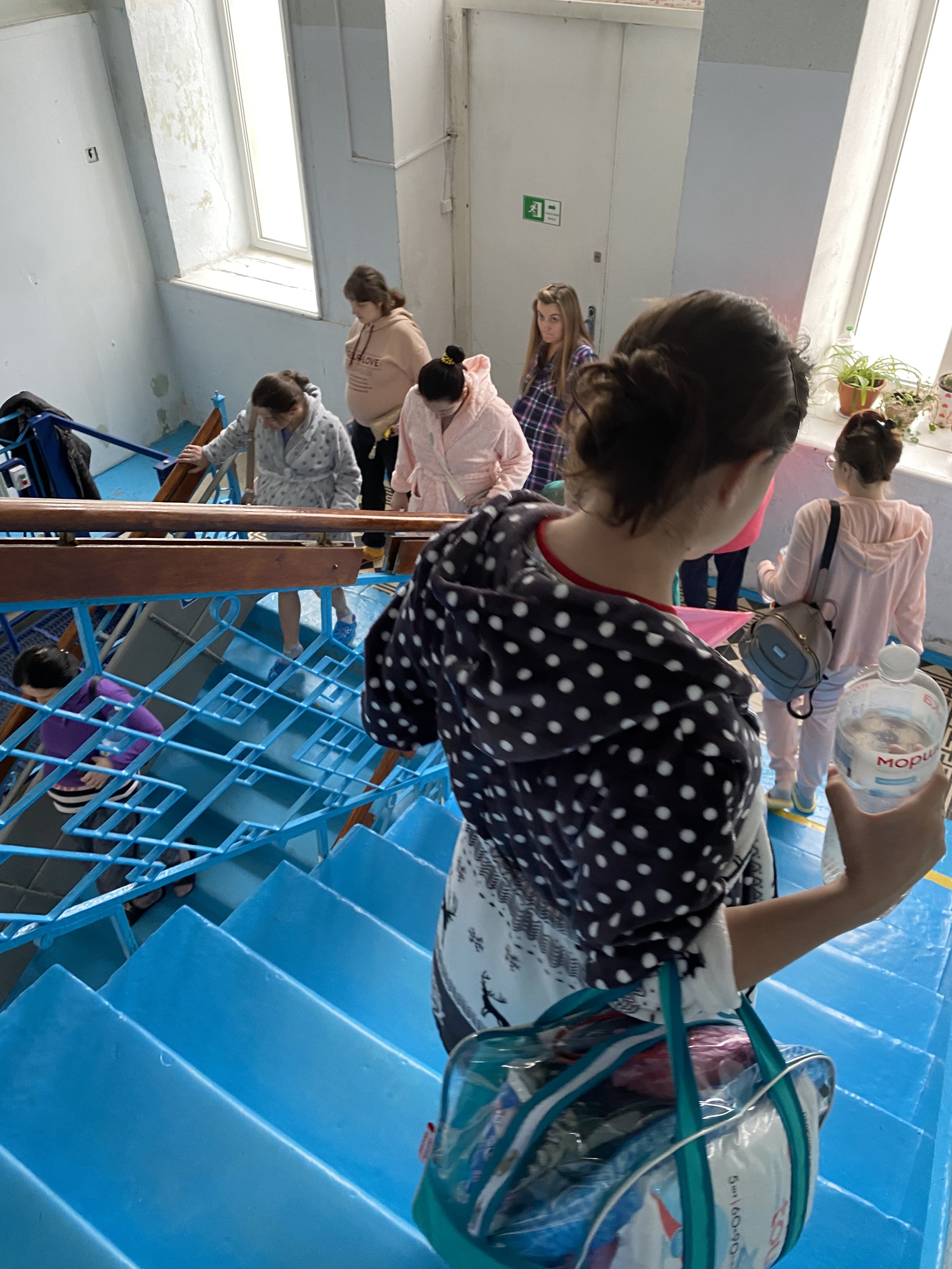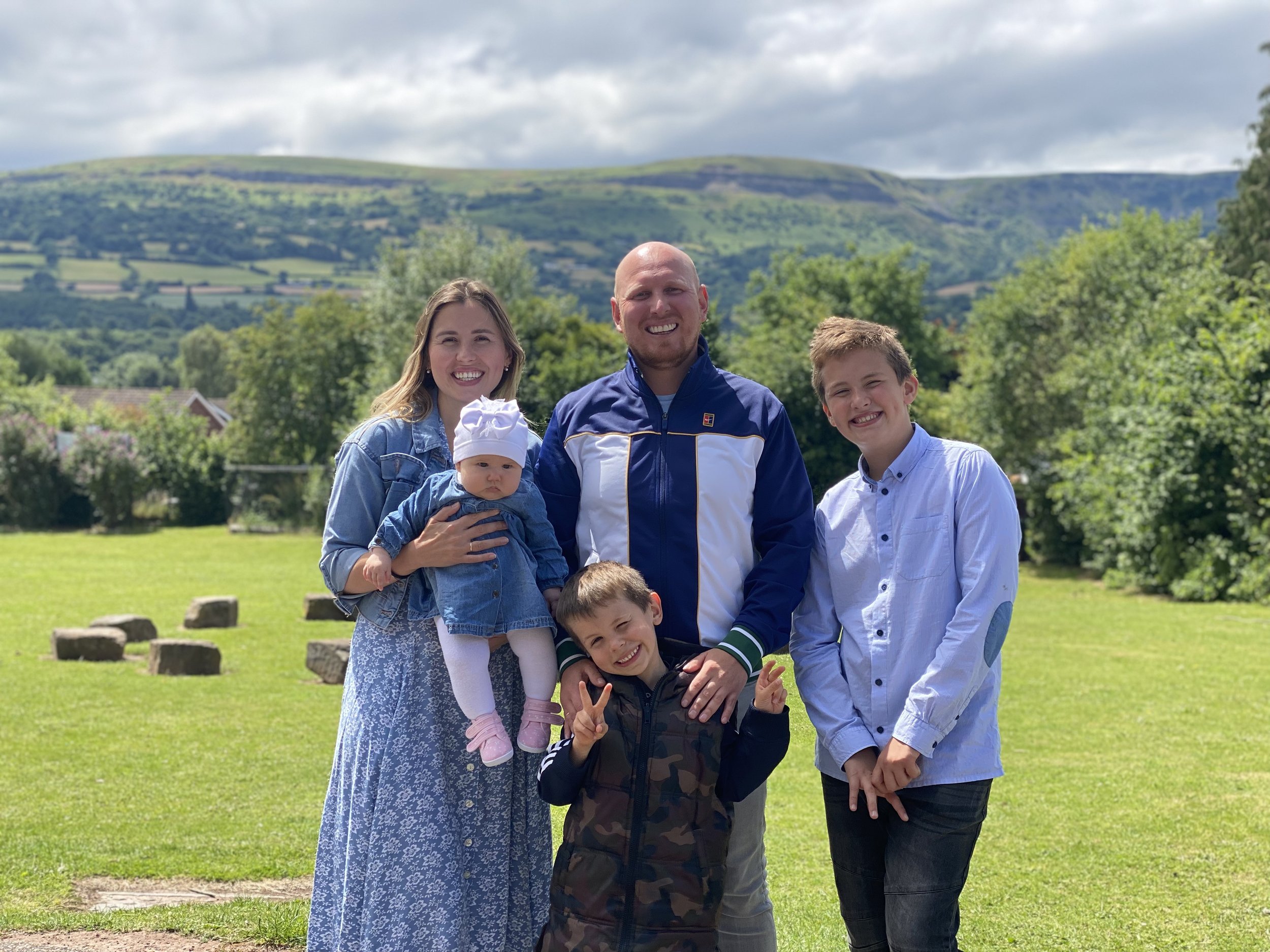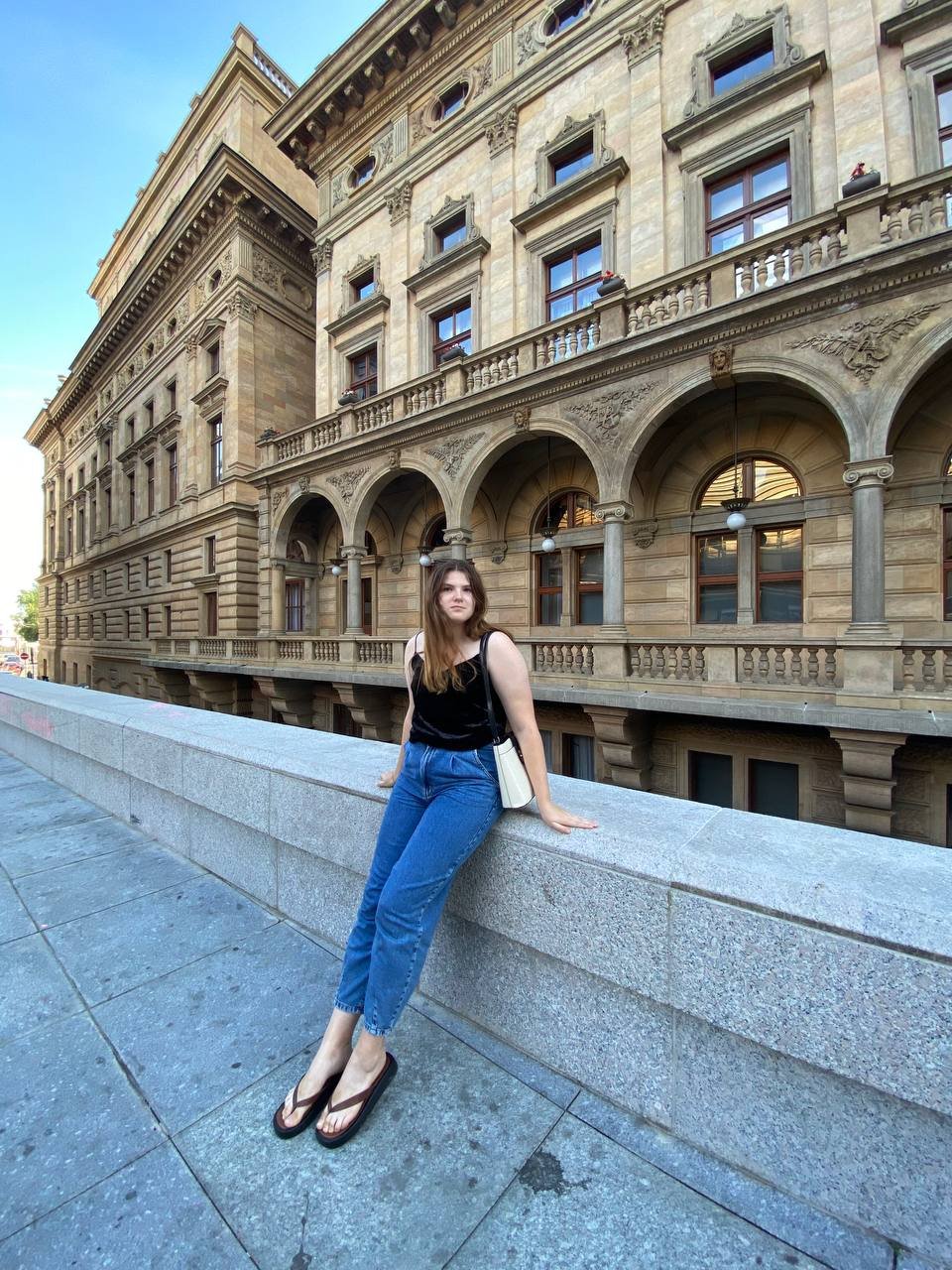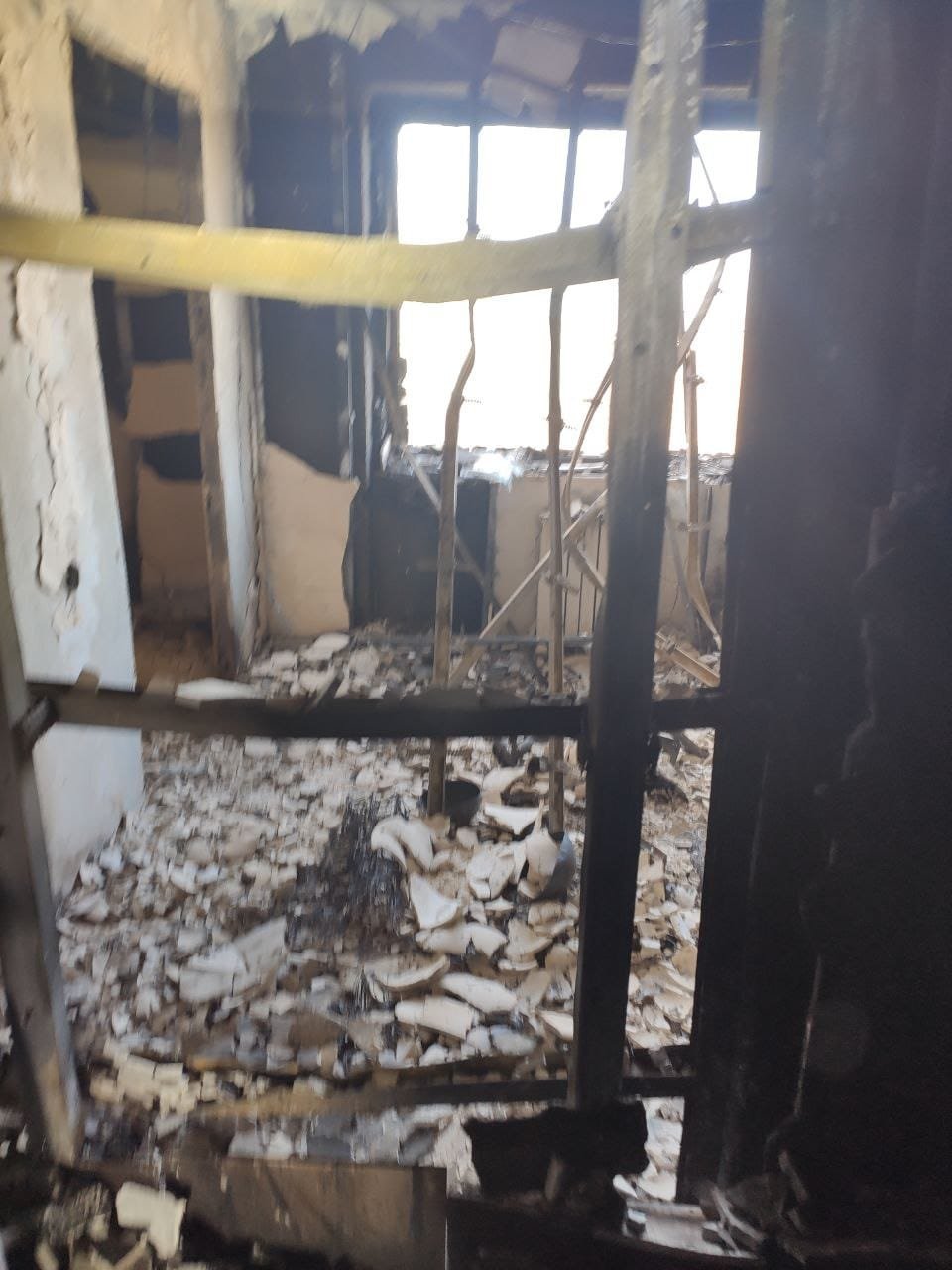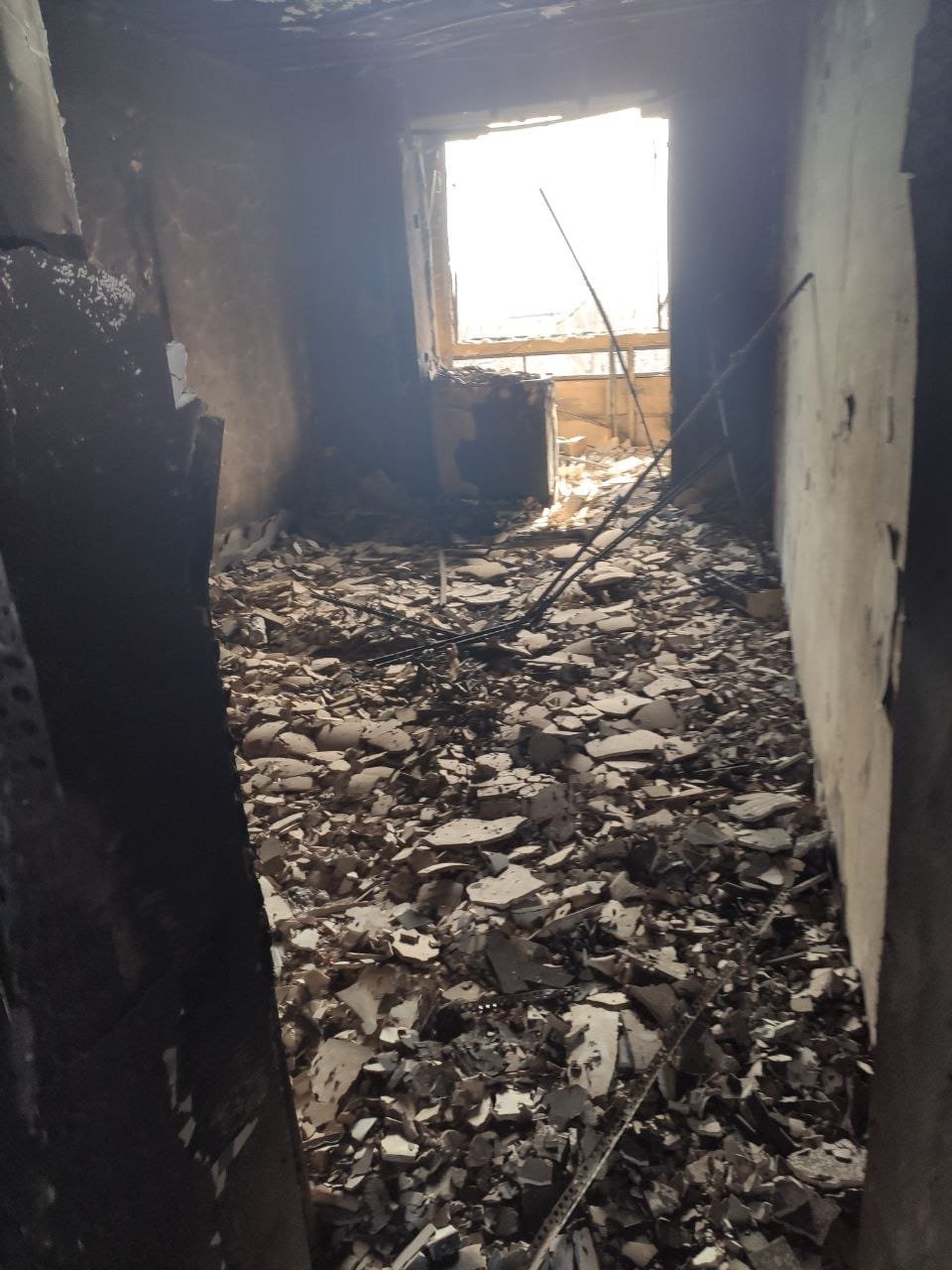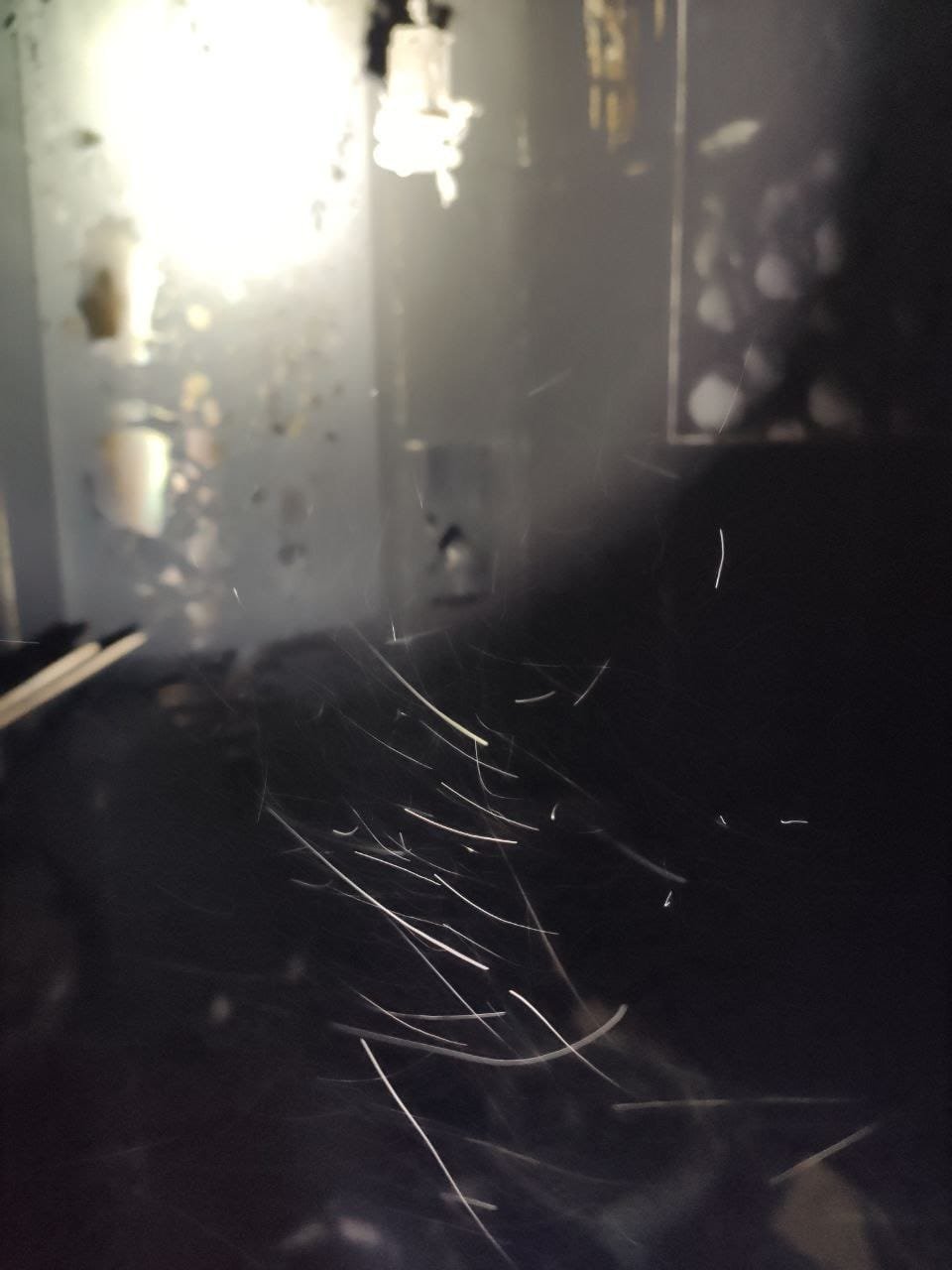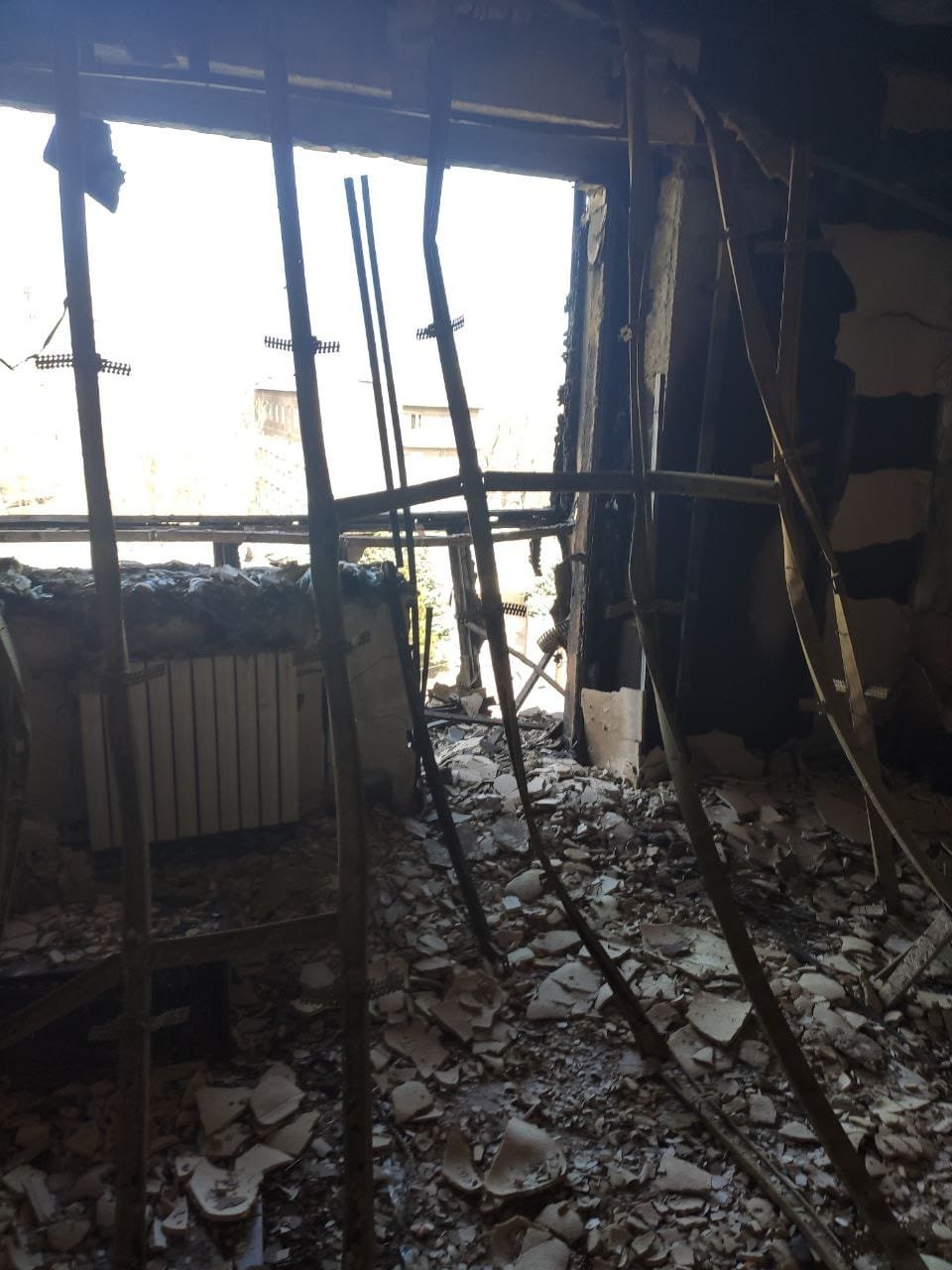What is it like to flee Ukraine?
Our lives do not wait for bombs to stop falling. Those whose homes have been destroyed are trying to build new ones in safer places. Others improve their skills abroad to return to rebuild their country. War is the worst thing that can happen. But sometimes a 180-degree turn of life reveals a bright side. Ukrainian refugees in different European countries share what they had to overcome and what they plan for the future…
When the walls and windows are shaking from the roar of bombers over your house, and you are pressed to the floor with fear, everything material loses value. Within 15-20 seconds bombs would be dropped from the planes, it always happened like that. But no one could guess whose house would be hit next. I experienced that in Zhytomyr in the first month of the war. My husband and I moved there from Kyiv. Just a few hours later, the bridge on the highway near the village of Stoyanka, which we were passing by, was blown up.
Aleksandra is staying in Augsburg with a German family.
When there is no road back home, you can only move forward. I found shelter in Germany by accident. With the outbreak of active hostilities, my acquaintance offered to let me stay with his relatives in Augsburg for a while. We haven’t had any contact for 4 years. But still, I went, and in this foreign country, strangers gave me more support than most of my friends and relatives. And my case is by far not the only one. Strangers from all European countries opened their homes to us, shared food and clothes, and help with work and documents.
Giving birth in a bomb shelter
Maryna’s family has changed at least four houses on its way from the battlefield in Ukraine - in all four places people helped them without rewards. When the war broke out, Maryna was 8 months pregnant. After the first explosions in Kyiv the young woman with her husband and the two kids were forced to leave. The family had been driving to the Shehyni checkpoint at the Polish border all day long, silently and non-stop, Maryna recalls: “We saw a heartbreaking picture. Many cars were going toward us with empty child car seats. I saw only men at the wheel and how they were crying. Then we understood that men of military age were not allowed to cross the border anymore. Probably, they left their wives and children there, and drove back.”
The family decided not to separate. Acquaintances sheltered them in Lviv and Maryna was placed in the maternity hospital for three weeks. During air raids, doctors, following the instructions, escorted all pregnant women into a bomb shelter. Some of them only after childbirth, weak and bloodless. Others - with newly born babies. Maryna did not yet know that she would give birth in that very same basement. She recalls: “On March 15, at about 10 pm, I started having contractions. Then, at about 2 am, a siren started to howl. Doctors ran in and ordered me to be taken to the bomb shelter. There was a small room, the size of a mop closet, which only fit me in a maternity chair, the doctor and the nurse, there was not even any other equipment. At 5:20 in the morning, I gave birth and just 4 minutes after the air alert was cancelled.”
The girl was named Emmanuela and a few days later Maryna's family moved to Poland - two months later to Wales: “People are great here, madly in love with Ukraine. When they find out where we are from, they hug us and cry''. Now the tough schedule of a young mother includes nursing a baby, household, visiting kindergarten and school. Maryna's husband has already found a job - he builds football and tennis fields. Perhaps soon, their sons will play on one of them.
Maryna and her family settled down in Wales.
A reunion caused by war
Masha fled to Prague to her mother's place.
Masha also has a new job. She takes care of Ukrainian children, but in Prague. The Czech government allows Ukrainians to be employed on equal terms with the citizens. Masha says, the fact that kids can attend groups and classes at schools made it possible for their parents to find work, and at the same time to offer a job for people with pedagogical education: "One of my local acquaintances says that the Czechs have never helped anyone as much as they are helping Ukrainians now, that they stay away from politics this time".
Grandmother's jewelry. Masha’s family heirloom from Ukraine.
Every cloud has a silver lining, even during the war. While many families have been forced to separate for thousands of kilometres, Masha, on the contrary, got closer to her mother: “She has been working abroad for 4-5 years. It’s difficult when you have to go to unfamiliar places, but it’s easier when you go to your mom.” One of the most meaningful things, Masha brought from Ukraine is the jewellery that she inherited from her grandmother: “During World War II, my grandmother was deported to Germany. I also had to leave the country because of war, but different from her story, it was my own decision”.
Masha admits that after a few months in the Czech Republic, she has already gotten used to living in another country. She still wants to go back to Ukraine, but doesn't know when: “On the one hand, you cannot feel completely safe, and on the other hand, there are problems with employment, prices, you will be constantly nervous, because you struggle to find money... I just have to try to build a new life, because I don't know how long I'll be here for."
Start with a clean slate
As for Masha, the war unexpectedly brought something positive to the life of another Ukrainian girl. Mila went to the city of Tartaras, near Lyon in central France, where her boyfriend has been working for more than a year. They never lived together and had to keep in touch via online calls and chats. Now, being close to each other has become possible.
Mila and her boyfriend. She takes part in demonstrations in support of Ukraine near Lyon (France).
Before the war, Mila worked as a TV presenter in Kyiv. Although her hometown is Mariupol, in the Donetsk region. She lost her house there: "Everything burned down in our apartment. We think that the house was shot with a heavy weapon, then apparently there was a fire, nothing survived, only bricks remained. And in the apartment where my mother and her husband lived, Russian soldiers settled down and lived there for a while... We were left without homes." For a long time, Mila was worrying a lot about her parents in Mariupol. Sometimes they did not have any contact for weeks: “In our house was a basement where they spent most of their time. All these stories from Mariupol are true*. They even had to draw water from the aquarium for various technical needs." Finally, Mila’s parents managed to evacuate from the occupied city. But many people still stay in the destroyed Mariupol.
*The stories from Mariupol are devastating. There is a humanitarian crisis in a Russian-occupied city. People in Mariupol do not have enough food and drinking water. They are also forced to cook outside, as many houses do not have electricity, gas or water supply. They are also forced to wash their clothes in "craters" from aerial bombs. And in winter there may be no heating in the city. Almost all boiler houses were damaged and 70% of all gas mains were destroyed.
Mila and her boyfriend plan to live in France for about a year, and after the war wish to return to Ukraine. Together they want to rebuild the country, perhaps, not physically, but help to develop the economy. In the meantime, Mila is supporting Ukrainian demonstrations, is learning French and wants to improve her professional skills in filming and editing videos: “I'm not used to doing nothing. Yes, I was sad for a long time. I miss my previous life. But I realized that there will be another, a new one.”
Maryna, Masha and Mila are among more than 5.8 million Ukrainians, most of them women and children, who have been forced to travel abroad. But for them, as for many others, the horrors of war were countered with light. The stories of these girls confirm: even in the darkest times, even if it seems as if you are left alone - you are not. Sometimes you just need to dare to take a step into the unknown. Because in the unknown, you will meet the most amazing people, even if they are completely unfamiliar and speak a different language. But they are ready to lend you a helping hand with absolute love and open up new opportunities for you. As for myself, I will definitely come back home, with new knowledge and experience acquired in Germany that I can put to good use for my country. But also with a heart full of gratitude to the people who surrounded me here.

